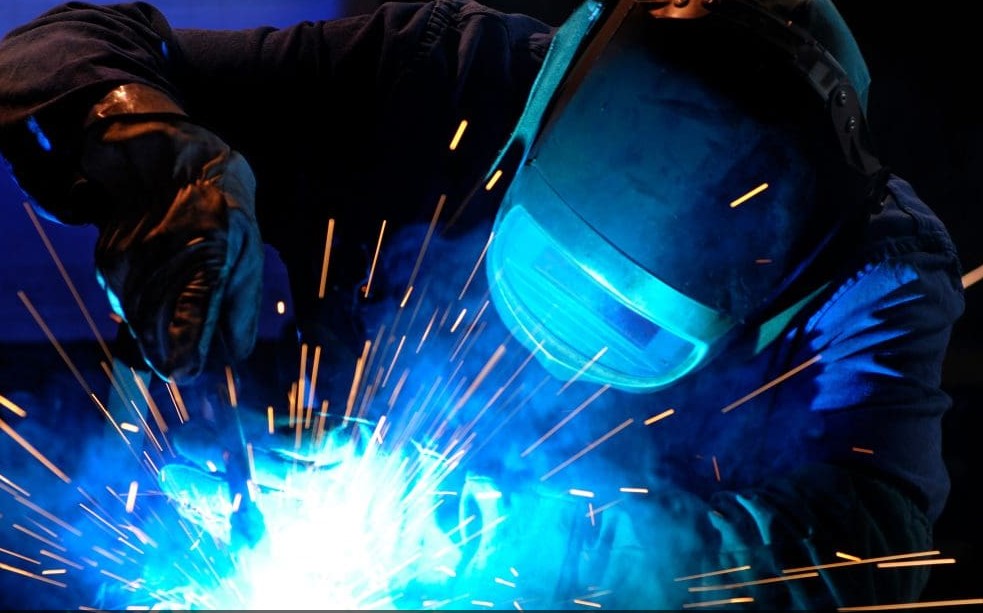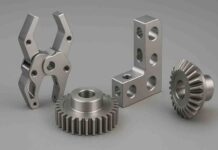The oil and gas industry demands equipment that can endure some of the harshest operational environments on Earth — high temperatures, extreme pressures, corrosive fluids, and abrasive conditions are daily challenges. In such settings, materials must be engineered not only for performance but for longevity.
That’s where clad welding becomes essential.
At Boardman Inc., we specialize in heavy-duty fabrication and welding solutions for industrial clients, and clad welding plays a critical role in helping oil and gas operations stay efficient, cost-effective, and compliant. In this article, we break down why clad welding is not just beneficial — but often essential — for oil and gas infrastructure.
What Is Clad Welding?
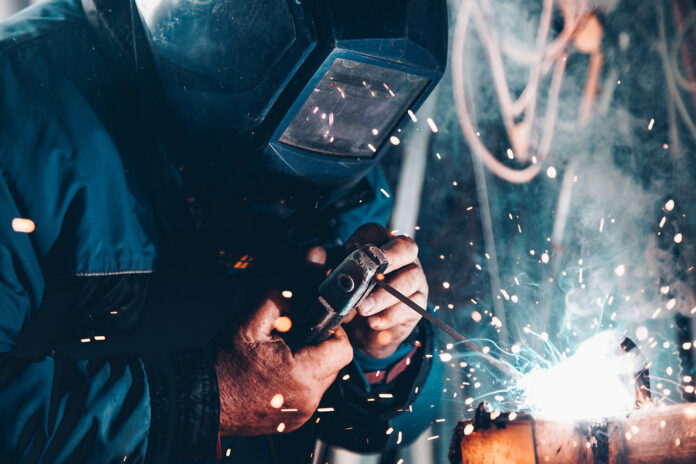
Clad welding is a specialized welding process used to apply a corrosion-resistant or wear-resistant layer of metal (the “clad”) onto a base metal, typically carbon or low-alloy steel. The purpose is to combine the structural strength of the base metal with the superior surface properties of the clad material, often a high-performance alloy such as Inconel, Hastelloy, or stainless steel.
Unlike coatings or plating, clad welding provides a metallurgical bond — creating a fused surface layer that offers significantly better protection and longevity, particularly in high-stress environments like oil refineries, offshore rigs, and subsea pipelines.
Why the Oil & Gas Industry Relies on Clad Welding
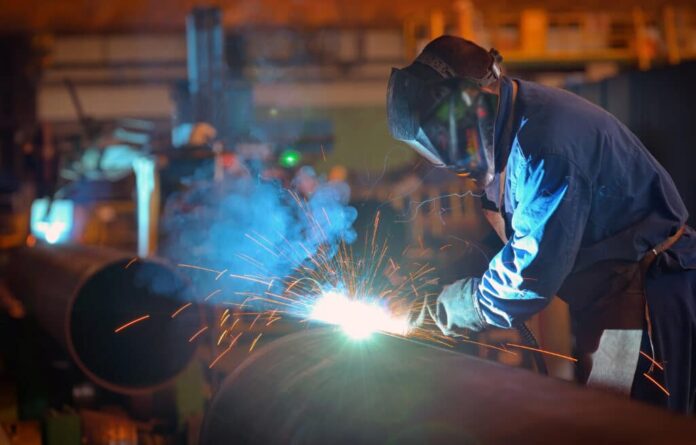
1. Superior Corrosion Resistance
Oil and gas processes involve exposure to highly corrosive substances such as hydrogen sulfide (H₂S), carbon dioxide, chlorides, and crude oil contaminants. Standard carbon steel alone cannot withstand these substances over time.
Clad welding allows engineers to line equipment such as pressure vessels, separators, heat exchangers, and pipe systems with corrosion-resistant alloys — preventing failure, minimizing downtime, and reducing maintenance costs.
2. Cost Efficiency
Solid high-alloy metals (e.g., 100% Inconel or stainless steel vessels) are incredibly expensive and often unnecessary from a structural standpoint. With clad welding, companies can use cost-effective carbon steel as the base while adding only a thin layer of expensive alloy where protection is needed.
This reduces overall material costs while still delivering the chemical resistance required in upstream and downstream applications.
3. Extended Equipment Life
Weld cladding extends the usable life of critical equipment by reducing pitting, crevice corrosion, erosion, and fatigue cracking. In environments where even minor failures can lead to catastrophic spills or safety hazards, extending the life of components through clad welding enhances reliability and reduces the frequency of replacement cycles – particularly for service-intensive operations, such as those handled by wireline and well-intervention providers including Renegade Services.
4. Compliance with Industry Standards
In the oil and gas sector, materials used in pressure systems must meet strict standards such as those from the American Petroleum Institute (API) and ASME Boiler and Pressure Vessel Code (BPVC).
At Boardman Inc., our clad welding operations are performed by certified welders and inspected using rigorous non-destructive testing (NDT) techniques. We ensure every weld meets regulatory standards and passes all quality control benchmarks.
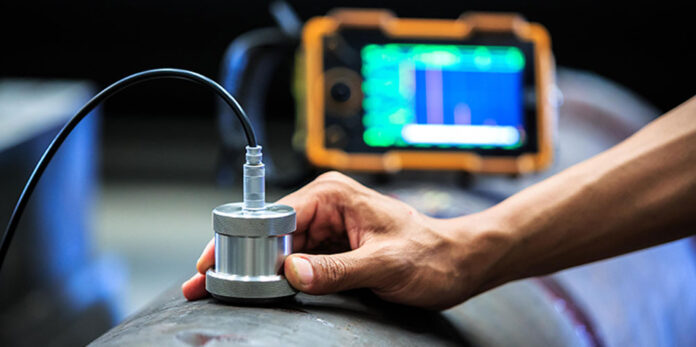
5. Custom Engineering for Complex Projects
Every oil and gas operation is unique. Whether it’s a high-pressure separator for an offshore rig or a massive crude distillation column in a refinery, custom metal fabrication with integrated clad welding allows us to tailor materials, weld types, and fabrication approaches to meet the exact specifications of the job.
Common Applications of Clad Welding in Oil & Gas
- Pressure vessels handling sour service conditions
- Heat exchangers exposed to chlorides or acidic condensate
- High-pressure piping in refineries or subsea applications
- Columns, reactors, and separators with internal corrosion risks
- Pump and valve components in offshore platforms
Why Choose Boardman Inc. for Clad Welding?
Boardman Inc. brings decades of experience in custom metal fabrication and clad welding for industrial-scale projects. Our facility is equipped to handle thick-wall components, large vessel fabrication, and specialty alloy applications.
What sets us apart:
- In-house engineering and design support
- Skilled tradespeople with ASME and AWS certifications
- Expertise in SAW, GMAW, GTAW, and FCAW welding processes
- Rigorous quality control and inspection standards
- Proven success in oil, gas, chemical, and power industries
Final Thoughts
As the oil and gas industry continues to push into deeper waters, harsher environments, and stricter regulatory climates, the demand for robust, efficient, and long-lasting equipment is only growing. Clad welding provides a practical and powerful solution — combining performance, protection, and cost-efficiency in one package.
At Boardman Inc., we understand that when it comes to industrial fabrication, there’s no room for compromise. Our team stands ready to deliver expert clad welding services that meet your operational needs — and exceed your expectations.

